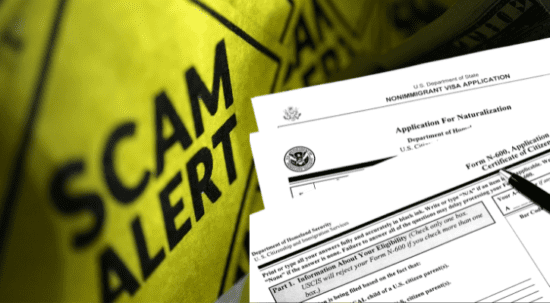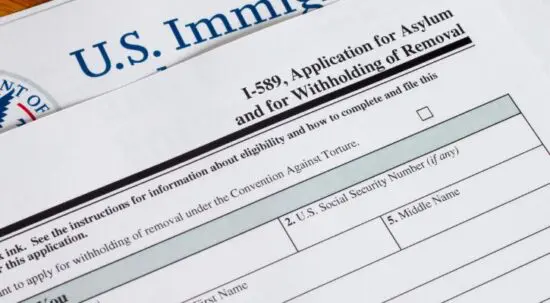Changes to TPS Honduras
Temporary Protected Status (TPS) allows people from certain countries to stay and work in the U.S. if it is not safe for them to return home due to war, disasters, or other emergencies.
As of February 9, 2026:
- People from Honduras with TPS do not have this protection.
- Work permits through TPS are not valid.
The decision to end TPS for Honduras is still being challenged in court. The case is not finished yet. We do not know what will happen next. Learn how court decisions work.
Get updates on the status of TPS from the National TPS Alliance.
TPS for Honduras has been contested in the courts:
- July 8, 2025: The U.S. Department of Homeland Security (DHS) announced its decision to end TPS for Honduras on September 8, 2025.
- July 31, 2025: A judge blocked the termination of the TPS designation. This decision temporarily stops TPS from ending to allow more time for the court to review the case.
- August 20, 2025: A judge paused a previous court order that stopped TPS from ending. This means that the U.S. government can deport people who have lost TPS status starting September 8, 2025.
- November 18, 2025: During a court hearing, a judge said her initial view is that the government likely acted unlawfully when ending TPS for Nepal. A written order has not been issued yet. If the judge’s final ruling follows her comments, TPS for Nepal could be reinstated.
- December 31, 2025: A judge ruled that the government’s decision to end TPS was unlawful. This means that TPS should be restored.
- January 22, 2026: The next hearing will take place. An appeal is also moving forward and could change the outcome.
- February 9, 2026: A federal court of appeals paused the restoration of TPS. The government appeal is still moving forward.

Learn how to find free or low-cost help from trusted immigration lawyers and legal representatives.
What happens when TPS expires?
If you do not have another legal immigration status besides TPS, you will become undocumented and lose your work authorization. If you stay without legal status, you will risk being detained and deported.
How to prepare
- Central American Legal Assistance offers legal help to Honduran immigrants in the U.S.
- Talk to an immigration lawyer. It is important to seek legal help and learn about your options for staying in the U.S.
- Apply for another immigration status if you qualify. Review if you are eligible for asylum, lawful permanent status (Green Card), or other U.S. visas.
- Be prepared for ICE. Know what to do if you are undocumented and agents come to your home or work. Know your rights and how to create a safety plan.
- Stay informed. Learn more about immigration changes under the new administration.
More from USAHello
Looking for specific information?
The information on this page comes from DHS, USCIS, and other trusted sources. We aim to offer easy to understand information that is updated regularly. This information is not legal advice.





